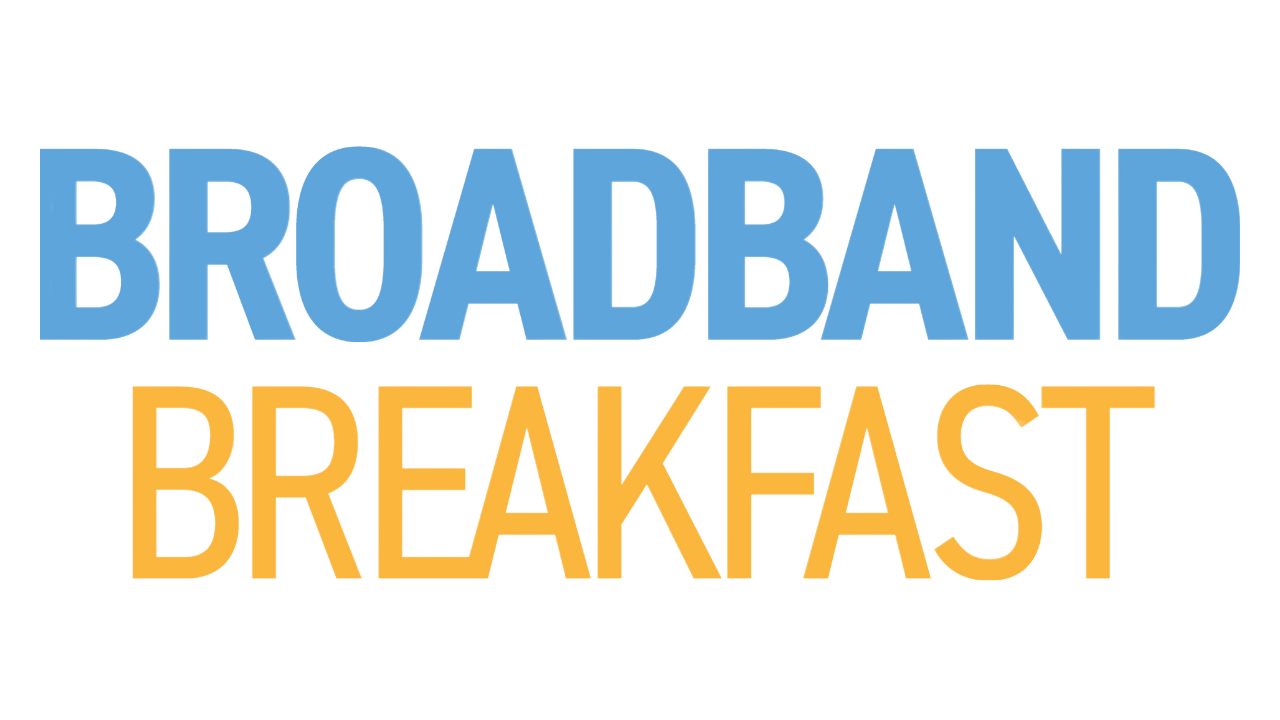How Will Tariffs Impact the Telecom Industry?

This article was published in Broadband Breakfast on August 4, 2025. You can read the original article here.
With tariffs set to impact imported hardware vital to U.S. broadband, operators embracing network disaggregation can still minimize costs, boost flexibility and future-proof their networks.
Tariffs continue to be one of the top buzzwords of 2025. While another 90-day extension may be on the horizon, their eventual implementation will significantly impact global supply chains and US organizations, and many operators could be among the enduring victims. This is because imported hardware, which is part of nearly every US broadband network, is on the long list of items that will be subject to tariffs soon. Once imposed, infrastructure budgets and rollouts will take a major hit.
Which operators will be most impacted?
All US operators will feel the weight of pending tariffs, but some will be affected more than others. Those still relying on monolithic network architectures, in which hardware and software are coupled and provided by the same vendor, will see the most repercussions. This even includes US vendors, as they typically assemble their hardware offshore and use components from high-tariff countries. With the new tariffs in place, their dependence on foreign hardware could drive up their network costs by 10-32%.
Is it possible to minimize this added cost?
Yes, through network disaggregation, or the process of separating a software stack from the physical network hardware. This approach enables greater flexibility, allowing operators to pick and choose the components that will supercharge your networks.
A wide range of operators are already pursuing disaggregation in the US, from regional ISPs to the nation’s leading telcos. Those taking the approach are seeing numerous benefits when it comes to building and managing their networks, not only from a cost-savings standpoint, but also greater power efficiency, sustainability gains, easier automation, and more.
When the pending tariffs are enacted, these disaggregated network operators will be able to minimize the additional fees by running tariff-free U.S.-based software on lower-cost open hardware from other countries such as Taiwan. And as hardware only represents a small portion of the total cost of a disaggregated system, the impact will be even less.
Are there other advantages to disaggregation?
There are a couple of added benefits. First, tariffs are not only jeopardizing global trade, but they are also escalating tensions between the US and China, and the threat of heightened security attacks as a result. Through network disaggregation, operators can better secure their networks by ensuring they are implementing hardware from trusted democracies, yet still benefitting from Asian cost levels.
Additionally, increased demand and rising customer expectations are putting more pressure on networks than ever before, and they could soon collapse if operators do not build them to bear the weight. A disaggregated approach helps ensure networks are future-ready by unlocking more reliable, cost-effective, and power-efficient broadband access that was not previously available through traditional buildouts.
Better networks could still be around the corner
The imminent tariffs are guaranteed to disrupt several industries, but there is a way for telecoms to curtail the blow. Network disaggregation offers operators necessary flexibility and enables them to choose tariff-free US software and cost-effective, reliable foreign hardware – making it both an operational and commercial necessity.
Essentially, even amid the trade war and looming international supply disruptions, disaggregation is a win-win-win for operators, their clients, and the American software industry.
Are you ready to handle the disruption?
Richard Brandon has more than thirty years of experience in networking and IT. He was previously CMO at Edgeware, where he helped take the company public, as well as VP of Worldwide Marketing at Juniper Networks, CMO at Intune Networks and MLL Telecom. At Cisco Systems, he was Head of Service Provider Marketing in EMEA. Richard spent his earlier career in British Telecom. He has spoken at Broadband World Forum, NAB, IBC and the European Parliament. This Expert Opinion is exclusive to Broadband Breakfast.